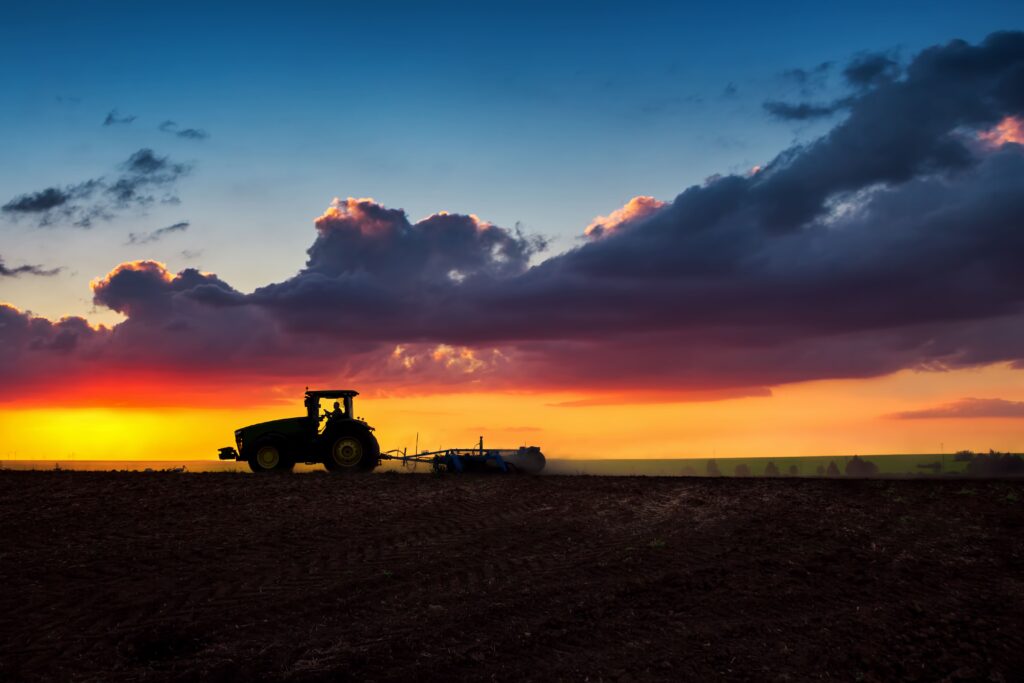Agribusiness continues to grow. In this heated and competitive market, those who can achieve greater precision and viability in their field operations come out ahead. agricultural implements are decisive to obtain these differentials.
USDA data reveals that US agriculture continues to expand.
Its GDP, grew by agricultural implements moving more than $134.7 billion.
Com tantas possibilidades de lucro, um número crescente de empreendedores está investindo no setor. Se esse é o seu caso, ou se você já tem experiência no segmento Agro, essa pode ser uma excelente alternativa para destacar-se na fabricação de componentes rotomoldados.
In this article, we will explain what goods you can produce with this technology, clarify its benefits over metal products, and how to purchase the best machine for your business.
What agricultural implements can be produced with rotational molding?
Widespread in the industrial sector, the rotational molding process is based on the transformation of thermoplastic inputs. They are shaped on specific machines to turn them into plastic parts.
The most widely used thermoplastics in industry are polyethylene, polypropylene and PVC. Polyethylene became the favorite of entrepreneurs who began to use it in the production of components for agricultural implements. Com ele, é possível fabricar itens como por exemplo:
- Seed deposits;
- Tanks for depositing milk from milking machines;
- Water reserve;
- Sprayers;
- Food mixers;
- Fertilizers;
- Cyclones for crushers;
- Seeders;
- Fertilizer tanks;
- Components for tractors;
- And many others.
O polietileno pode ser utilizado em baixa, média ou alta densidade na rotomoldagem de implementos agrícolas, de acordo com a aplicação. Graças à sua versatilidade, ele permite produzir os mais diversos tipos de produtos. Entenda abaixo porque ele é o substituto perfeito para o metal.
Why is it worth replacing metal by plastic?
Investing in a good rotomolding machine for the agricultural implements segment is the best solution to differentiate your business from competitors that still produce metal components.
The market is increasingly aware of the benefits of this exchange, and you too need to understand the advantages if you want to win customers and take advantage of the best opportunities in the industry.
O plástico depende, em primeiro lugar, de um molde e e resulta em uma única peça. Ou seja, você não precisa lidar com a montagem de peças soldadas, nem com gabaritos e esticadores na finalização.
In addition to assembly efficiency, rotomolded farm agricultural implements components are much more durable. Fertilizer storage containers made of metal, for example, last a maximum of 5 years. Polyethylene alternatives, on the other hand, don't corrode as much and last about 20 years.
The cost-benefit is another point that draws attention. Since the plastic parts are cheaper and last much longer, the products end up being cheaper. The same goes for their maintenance and replacement expenses.
While some manufacturers outsource manufacturing, others achieve better profit margins with in-house machines. Rotoline is a reference in the production of this type of equipment.





